
The AIgorythm project

Playwright and actor
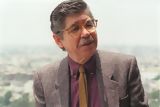
Novelist

Writer and poet

Volleyball player

Italian-Peruvian naturalist and geographer

Singer and percussionist

Last Inca emperor

Politician, former prime Minister

Journalist and TV host
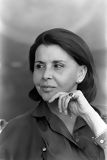
Poet

Inca warrior
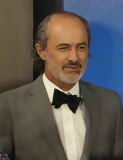
Actor and comedian

Biophysicist

Poet

Doctor and researcher
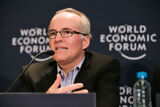
Businessman, Interbank group

Journalist and writer
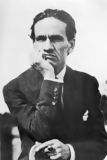
Poet and writer
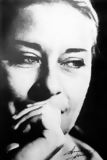
Singer and songwriter
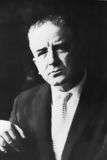
Writer

Film director, Berlin Golden Bear winner

Football player
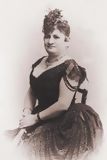
Writer and journalist
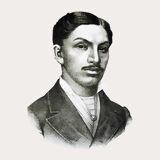
Doctor and scientist

Photograph

Chess player

Industrialist
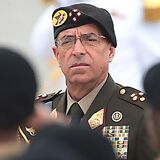
Former general

Specialist in public health

Actress and singer
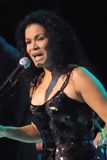
Afro-Peruvian music singer

Mathematician and engineer

Indigenous chronicler

Neurologist and anthropologist

Painter

Football player
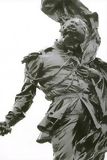
National hero, military leader

Intellectual and reformer

Chef and entrepreneur

Fashion designer
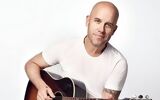
Singer-songwriter

TV presenter

Marathon runner

Indigenous Peruvian chronicler

Theologian

Former national team captain

Economist and former health minister

Inca princess

Writer and television host

Folk musician

Poet and guerrilla
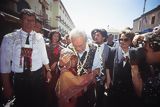
Former UN secretary-general

Chef, known for fusion cuisine

Football player

Peruvian aviation pioneer

Poet and artist
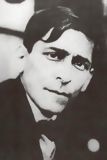
Marxist philosopher and writer

Industrialist and businessman
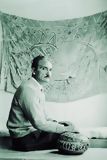
Novelist and ethnologist

Painter and muralist

Opera tenor

Fashion designer

Cardinal of Lima

Peruvian tennis player

Football coach

Leader of the indigenous rebellion
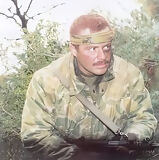
Military hero

Latin singer
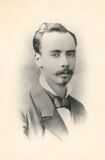
War of the Pacific hero

The youngest mother in history

Politician
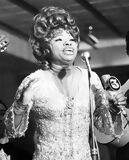
Creole music singer

Tennis player
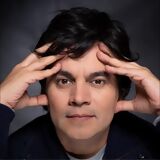
Musician

Writer and politician

Politician and founder of the Christian Democratic Party

Founder of Sodalitium Christianae Vitae

Archaeologist and anthropologist
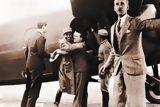
Military leader and politician

Television host
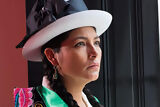
Actress and singer
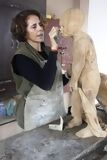
Contemporary sculptor
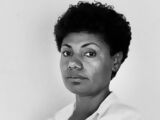
Women’s rights activist

Beauty queen

Astrophysicist

Heroine of independence
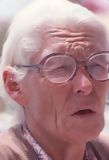
Mathematician and archaeologist

Historian and anthropologist
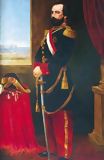
Military figure and historical figure
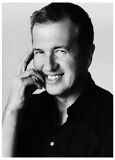
Fashion photographer
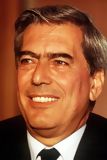
Writer, Nobel Prize in Literature, Politician

Revolutionary leader
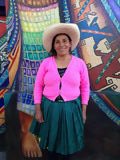
Environmental activist

Leader of the indigenous rebellion
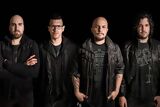
Musician from Gaia band
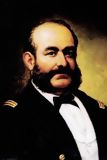
War hero
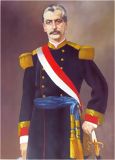
Military leader and politician

Chef, known for Nikkei cuisine

Volleyball coach and former player

Environmental activist

Television personality

Writer
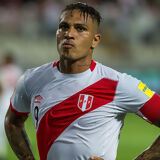
Football player

Epidemiologist and former health Minister

Inventor and aerospace pioneer

Soldier and inventor
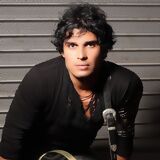
Rock singer

Chef and co-owner of Central restaurant

Painter

Football player

TV presenter and actress
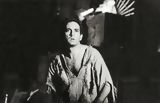
Actor
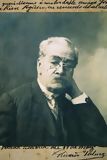
Writer and historian

Journalist and lawyer

Archaeologist, founder of Caral site
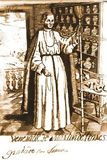
Monk and Saint
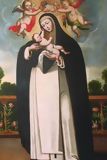
Saint, patron of Latin America

Physicist and engineer

World champion surfer

Actress

Oncologist
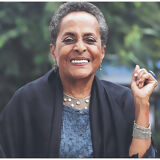
Singer, Latin Grammy winner

Former mayor of Lima

Singer

Actress

Former football player

Painter
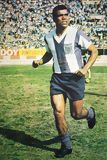
Former football player

Painter

Inca leader

Archbishop, saint
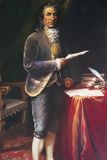
Leader of the indigenous rebellion

Revolutionary indigenous leader

Diplomat and intellectual

Sculptor and painter
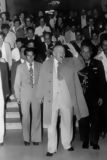
Political leader, founder of APRA

Lawyer and Former prime minister

Chef of Central restaurant
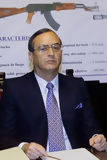
Former head of secret services

Popular singer

Fashion designer

Exotic music singer
Jorge Chávez Dartnell, better known as Jorge Chávez, was born on June 13, 1887, in Paris, France, to a wealthy Peruvian family. Although born in Europe, Chávez always maintained a strong connection to Peru, his parents' homeland. He was an aviation pioneer and is remembered for being the first person to fly across the Alps, a milestone in the history of aviation. His tragic death at a young age turned him into a legend and a national hero in Peru.
Jorge Chávez studied at the prestigious Lycée Carnot in Paris and later graduated as an engineer. However, his true passion was flying. At the beginning of the 20th century, aviation was a completely new field, and Chávez was drawn to the challenges and possibilities it offered. Determined to become a pilot, he enrolled in the flight school in Reims in 1910, where he quickly stood out for his skill and bravery in overcoming the technical difficulties of early airplanes.
Jorge Chávez's most significant achievement was his flight across the Alps. In September 1910, in an attempt to win the "Grand Prix of the Alps," an international competition rewarding the first aviator to cross the formidable mountain range, Chávez took off from Briga, Switzerland, in his fragile Blériot XI monoplane. Despite difficult weather conditions and the technological limitations of the time, he successfully completed the crossing and landed in Domodossola, Italy, on September 23, 1910. This historic flight made him the first person to achieve such a feat.
Unfortunately, Jorge Chávez's success was overshadowed by tragedy. During his landing in Domodossola, the wings of his aircraft, made from very lightweight materials, collapsed, causing the plane to crash. Although Chávez survived the initial crash, he sustained severe injuries that proved fatal. He died four days later, on September 27, 1910, at the age of 23. His last words, "Higher, always higher," became a motto that inspired future generations of aviators in Peru and around the world.
Despite his short life, Jorge Chávez's legacy endures to this day. In Peru, he is considered a national hero and a symbol of courage and perseverance. In his honor, the country's main international airport in Lima bears his name: Jorge Chávez International Airport. Each year, thousands of travelers pass through its doors, remembering the contribution of this young aviation pioneer to global aviation. In Switzerland and Italy, monuments and plaques also pay tribute to his brave crossing of the Alps.
Jorge Chávez was an aviation pioneer who, despite his short life, left an indelible mark on history. His bravery in facing the risks of early aviation and his innovative spirit made him a legend, both in Peru and worldwide. His crossing of the Alps remains one of the great achievements in aviation, and his legacy continues to inspire those who dare to push the boundaries of what is possible.